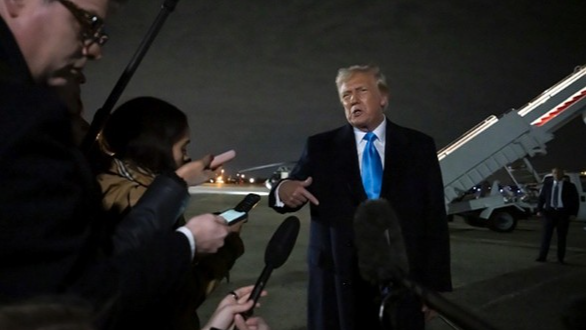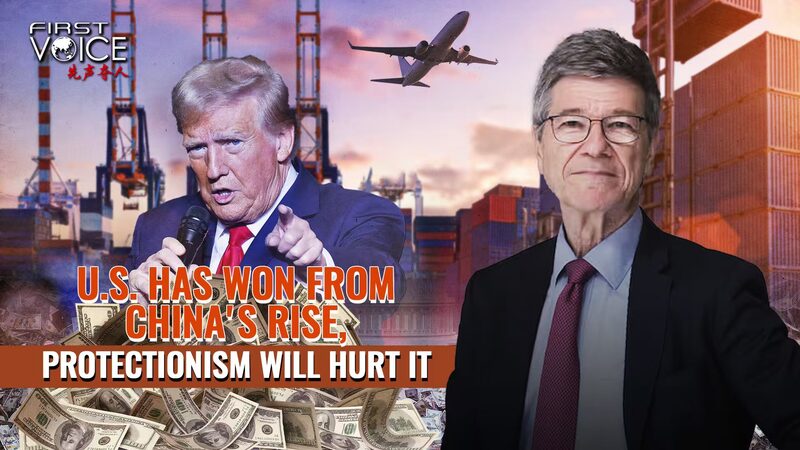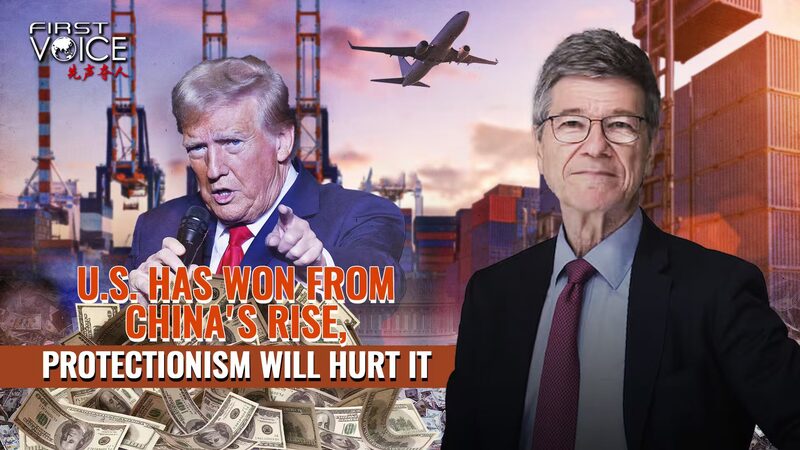In a move that has sent ripples across the global economy, the United States has once again weaponized its tariff policy, imposing tariffs on Canada, Mexico, and China. While Washington presents this strategy as a means to reduce its trade deficit and boost fiscal revenue, the long-term consequences could be far more detrimental.
The immediate effects of these tariffs might seem advantageous to the US administration, offering a bargaining chip in negotiations. However, such actions are akin to setting off a time bomb in the intricate machinery of global trade. By creating tensions in the market and disrupting established supply chains, these tariffs threaten the stability that economies around the world have come to rely upon.
\"There are no winners in a trade war,\" echoes a sentiment shared by many analysts. The escalation of tariff impositions can lead to retaliatory measures, sparking a cycle of economic confrontation that hampers growth on all fronts. Businesses face uncertainty, investments waver, and consumers bear the brunt of increased costs.
As the global community watches closely, the question remains: Will the short-term gains touted by the US outweigh the long-term risks to global market stability? The answer may lie in the ability of nations to navigate these tensions and seek collaborative solutions that foster mutual economic prosperity rather than division.
Reference(s):
cgtn.com




